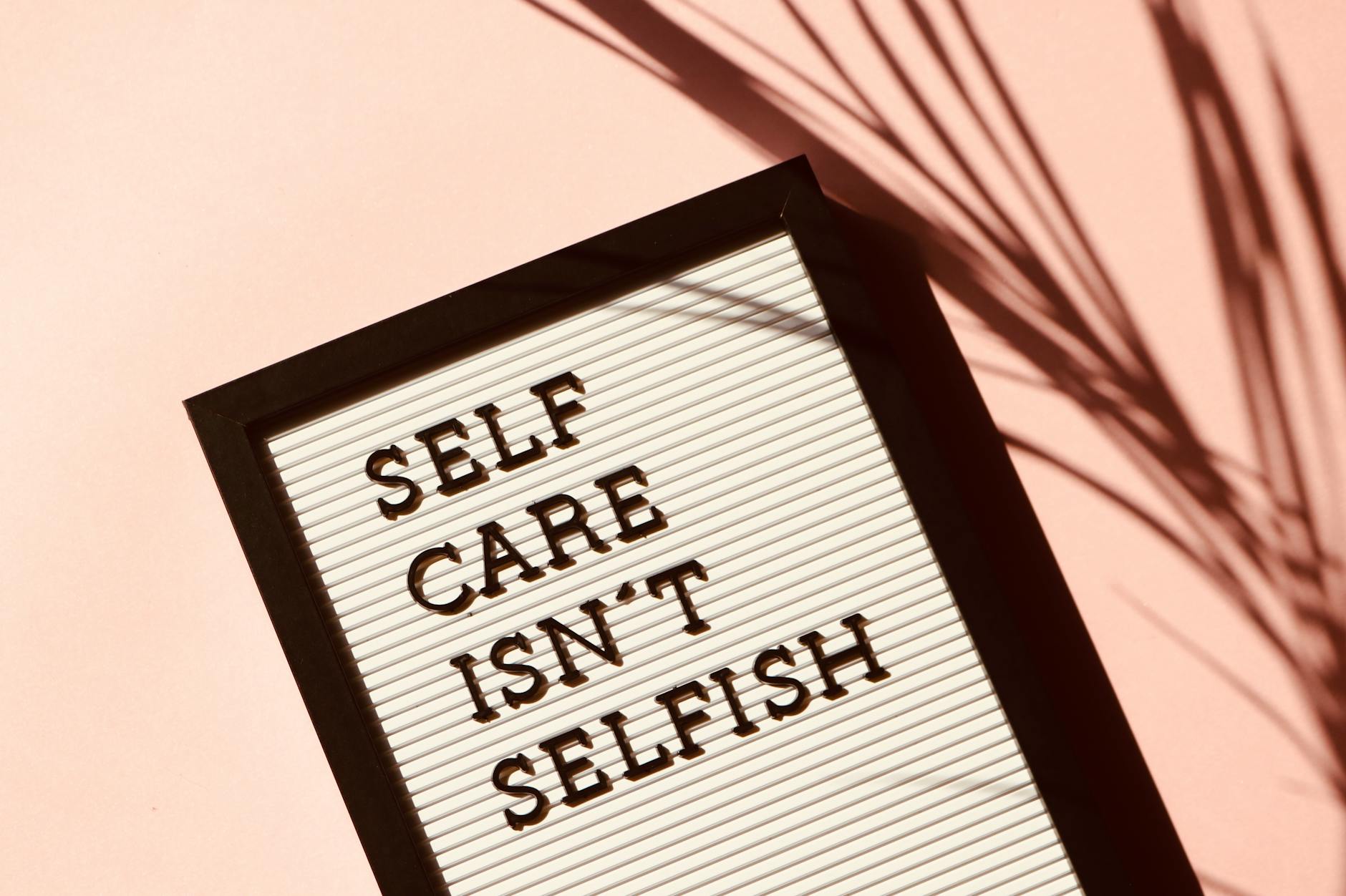Understanding and Addressing Poor Treatment: Identifying the Root Cause
Understanding why someone is treating you poorly can be a challenging and emotionally taxing experience. It's crucial to recognize that the behavior of others is often a reflection of their own internal struggles and insecurities rather than a reflection of your worth. In this blog post, we will explore the potential reasons behind someone's negative treatment towards you and provide insights on how to address and cope with such situations.
Signs of Poor Treatment
Recognizing Negative Behavior
It is important to be able to identify signs of poor treatment from others. Pay attention to consistent criticism, belittling remarks, or dismissive behavior. Additionally, keep an eye out for patterns of manipulation, gaslighting, or controlling actions. These behaviors can be subtle, but recognizing them is crucial in understanding one's treatment towards you.
 Photo by Anna Tarazevich
Photo by Anna Tarazevich
Impact of Poor Treatment on Mental Health
The impact of poor treatment on mental health can be significant. It can lead to feelings of inadequacy, low self-esteem, and even anxiety or depression. Constant exposure to negative treatment can erode one's mental well-being over time. Building awareness of these effects is essential in addressing and mitigating the consequences of being treated poorly.
 Photo by Madison Inouye
Photo by Madison Inouye
Understanding the Root Cause
Conflict and mistreatment can be perplexing, leaving one wondering about the reasons behind such behavior. Understanding the root cause can provide insight and clarity, aiding in finding solutions for improving the situation.
Identifying Potential Triggers
Identifying potential triggers involves recognizing specific behaviors or situations that may instigate mistreatment. Triggers can vary widely, ranging from personal insecurities and stress to unresolved conflicts. Recognizing these triggers can enable individuals to navigate interactions more effectively and proactively engage in conflict resolution.
Examining Past Interactions
Examining past interactions involves reflecting on previous engagements with the individual and seeking patterns or recurring themes. It may involve considering past conflicts, exchanges, and reactions to determine if there are underlying issues contributing to the poor treatment. By dissecting past interactions, one can gain a deeper understanding of the dynamics at play and identify areas for improvement.
 Photo by Alex Green
Photo by Alex Green
Communication Styles
Communication styles vary from person to person, and understanding these differences is crucial in addressing why someone may be treating you poorly. People have unique ways of expressing themselves, which can sometimes lead to misunderstandings and assumptions.
Differences in Communication Styles
Each individual has a distinct approach to communication, influenced by factors such as upbringing, culture, and personal experiences. Some individuals may be more direct and assertive in their communication, while others may adopt a more passive or indirect style. These differences can result in clashes when interacting with others, as the intended message may not align with how it is received.
Misunderstandings and Assumptions
Misunderstandings often arise when individuals misinterpret or assign meaning to communication based on their own style, rather than the speaker's intention. Assumptions can further exacerbate these misunderstandings, leading to strained relationships and negative interactions. Recognizing the potential for miscommunication and making an effort to bridge these gaps is essential in addressing mistreatment from others.
 Photo by Andrea Piacquadio
Photo by Andrea Piacquadio
Personal Challenges
Self-reflection and self-esteem play a crucial role in understanding why someone may be treating you poorly. It's important to take time to reflect on your own thoughts and actions, and how they may be contributing to the treatment you're receiving. Building self-esteem can help you develop the confidence to recognize and address mistreatment.
Self-Reflection and Self-Esteem
Self-reflection involves examining your own thoughts, feelings, and behaviors. It's an opportunity to gain insight into your own motivations and values. By practicing self-reflection, you can identify any internal struggles that may be influencing the way you perceive and respond to mistreatment. Building self-esteem involves recognizing your own worth and developing a positive self-image. It's essential for setting healthy boundaries and addressing mistreatment from a place of strength.
Setting Boundaries
Setting boundaries is an important part of self-care and self-respect. It involves clearly communicating your limits and expectations to others. Healthy boundaries help prevent mistreatment by establishing the standards of behavior you are willing to accept. By setting boundaries, you assert your needs and demonstrate respect for yourself.
Assertiveness
Being assertive means expressing your thoughts, feelings, and needs in a direct and confident manner. It involves standing up for yourself while respecting the rights of others. Assertiveness is a valuable skill for addressing mistreatment, as it allows you to communicate effectively and assert your boundaries without being aggressive or passive. Developing assertiveness can empower you to confront mistreatment and seek a resolution.
 Photo by Bryan Catota
Photo by Bryan Catota
 Photo by Rachel Claire
Photo by Rachel Claire
 Photo by Karolina Grabowska
Photo by Karolina Grabowska
Seeking External Support
Navigating difficult relationships can be emotionally taxing, and seeking external support is a crucial step towards understanding and addressing the reasons behind someone treating you poorly. Professional counseling and building a support network are two effective ways to gain insights and find solace during challenging times.
Professional Counseling
Professional counseling offers a safe space to process emotions and gain a deeper understanding of the dynamics at play in the relationship. A licensed therapist can provide expert guidance, helping you identify patterns of behavior and develop coping strategies. Through tailored sessions, you can explore your feelings and reactions, gaining clarity and a renewed sense of control.
 Photo by SHVETS production
Photo by SHVETS production
Building a Support Network
Building a support network involves connecting with friends, family, or support groups who can offer empathy, perspective, and encouragement. Surrounding yourself with individuals who uplift and validate your experiences can provide a sense of validation and comfort. Sharing your feelings in a trusted circle can lead to valuable insights and a renewed sense of empowerment.
 Photo by Markus Spiske
Photo by Markus Spiske
Conclusion
Understanding why someone is treating you poorly is a complex matter that requires empathy, communication, and self-reflection. It's important to consider external factors that may be influencing their behavior, while also setting boundaries to protect your well-being. By gaining insight into their motivations and addressing the root cause of their mistreatment, you can empower yourself to make informed decisions about the relationship. Remember, you deserve to be treated with respect and kindness.